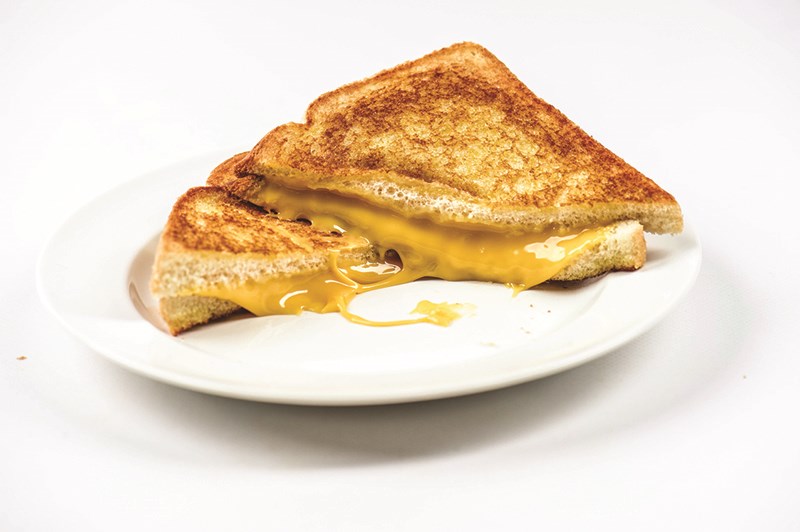Phil Egan
My wife Laurie and her sister, Mary, tell school tales about “home economics” that would sound strange to today’s school kids.
Laurie went to High Park School but remembers hurrying over to Hanna Memorial for “Home Ec.” They had a full kitchen in the school, and the girls in Grades 7-8 were required to attend.
Laurie says they learned how to cook grilled cheese sandwiches, to sew, how to knit a mitten and set a table. Her high school, Central Collegiate, had its own home economics classroom and taught cooking classes to teenage girls.
Mary, Laurie’s older sister, was already helping to keep the household at home, but says most of the girls “didn’t know how to boil water.” Her class was taught how to thread a needle, make a bed, tidy up and “keep a household.”
This was Sarnia in the early 1960s. But let’s go back another 20 years.
On March 13, 1939, the Canadian Observer ran a story titled, “Housewives of Lambton Will Attend School for Four Days.” The story described a series of four lectures to be held at “The Canadian Observer’s Cooking and Homemaking School.”
Conducted at Sarnia’s Imperial Theatre, the program invited “Lambton County mothers” to “learn new and better ways of preparing, cooking and serving food” as well as ways of “lightening household tasks.”
Classes began at 9 a.m. under the guidance of Portia Winters of the DeBoth Home-Makers Schools. Miss Winters was described as a recognized authority on foods, their selection and preparation. She had spent years, the Observer said, in “the study of home economics and the use and care of household appliances and utensils.”
Women attending classes were encouraged not to worry. They would be dismissed “in time for the women to return home and prepare lunch.”
The newspaper told its female readers housewives were “beginning to realize” modern science was bringing new discoveries almost daily in household maintenance and cooking. The Observer classes were their opportunity to learn in the model kitchen set up on the Imperial Theatre stage.
Literature on domestic housekeeping dates back to the 1840s. and cooking classes, a forerunner of the formal home economics classes, were popular in the 1870s. Some of the earliest mass-produced cookbooks were produced at that time.
Home economics fell out of favour in the 1980s, by then viewed as a gender-biased course with no place in the modern curriculum. Many have called for the subject’s return to the schools, including Anthony Bourdain – the U.S. chef, author and television personality.
Some support the idea but others think it’s “out to lunch.”
